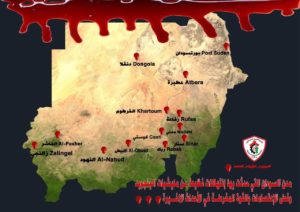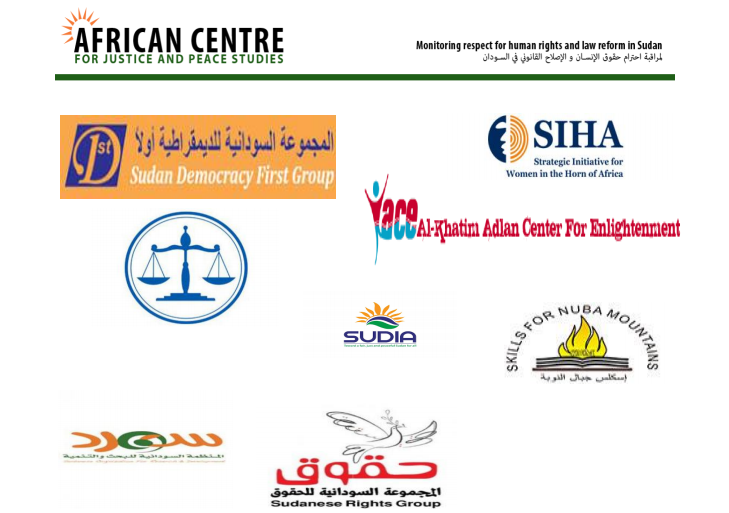
MEMRI
Ethiopia’s prime minister Abiy Ahmed has called for a “quick” democratic transition in Sudan as he met the country’s ruling generals and protest leaders, days after a deadly crackdown killed dozens of demonstrators in the capital, Agence France–Presse reports (HT:FDD).
Two Sudanese rebel leaders were arrested early on Saturday, opposition sources said, shortly after meeting visiting Abiy, who is trying to mediate in a crisis threatening a transition to democracy, Reuters adds.
The uprisings in Algeria and Sudan show obvious parallels with the 2011 revolution in Egypt that led to the resignation of President Hosni Mubarak. In both, youth movements, opposition parties, labor unions, and human rights organizations have banded together to oppose kleptocratic and repressive authoritarian regimes, notes Princeton University researcher Killian Clarke,
 These diverse coalitions have channeled local grievances about unemployment, inflation, and police abuse into clear calls for democratization and political reform. And in both Algeria and Sudan—as in Egypt in 2011—generals have intervened to usher the dictators out of office, only to find themselves in control of their countries’ post-revolutionary transitions, he writes for Foreign Affairs:
These diverse coalitions have channeled local grievances about unemployment, inflation, and police abuse into clear calls for democratization and political reform. And in both Algeria and Sudan—as in Egypt in 2011—generals have intervened to usher the dictators out of office, only to find themselves in control of their countries’ post-revolutionary transitions, he writes for Foreign Affairs:
As the revolutions in Algeria and Sudan have raged, a number of Egyptian activists who were central to the movement against Mubarak have weighed in, with a mix of optimism and regret, to share their advice. Today’s revolutionaries might take heed. Their countries are at the very beginning of what may be long and arduous processes of building new democratic regimes. It is still far too early to say whether they will succeed, but learning the lessons of what went wrong in Egypt may help them to steer their countries away from a similar fate. RTWT
Civil society groups (below), including several partners of the National Endowment for Democracy, have called for a peaceful negotiated transition to democracy.
The #SudanMondayMassacre (as activists dubbed it) underscored internal tensions within the cupola of the ruling Transitional Military Council and in the region. The killings were widely blamed on the Rapid Support Forces (RSF), former Janjaweed irregular forces, led by Mohamed Hamdan Dagalo (Hemeti) and there is no reason to doubt this, according to analyst Alberto Fernandez, President of Middle East Broadcasting Networks (MBN).








